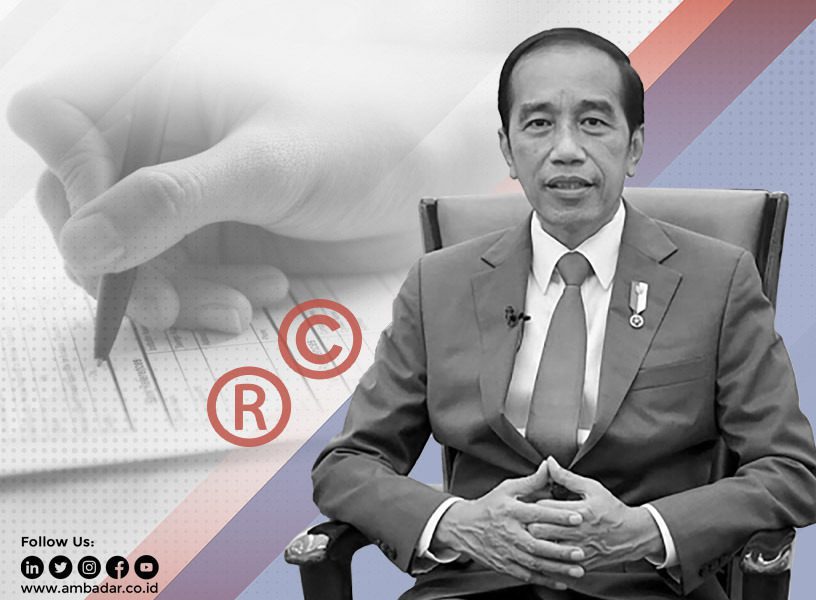On July 12, 2022, the President of the Republic of Indonesia, Joko Widodo (“Jokowi”), enacted Government Regulation Number 24 of 2022 on the Implementation of Law Number 24 of 2019 on the Creative Economy (“PP No. 24/2022”).
PP No. 24/2022 contains several regulations related to incentives provided by the government, one of which is an Intellectual Property-based financing scheme for creative economy business actors.
The Background of PP No. 24/2022
Chairman of Commission X of the House of Representatives of the Republic of Indonesia, Syaiful Huda, stated that creative workers have historically been marginalized in protecting the copyright of creative products and their existence as workers.
As a result, it is believed that PP No. 24/2022 would make it simpler for creative economy business actors to acquire funding from bank financial institutions or non-bank financial institutions.
Furthermore, based on Article 2 of PP No. 24/2022, the scope of the regulation includes:
-
creative economy financing;
-
facilitation of the development of the intellectual property-based creative economy product marketing system;
-
creative economy infrastructure;
-
incentives for creative economy business actors;
-
the responsibility of the government and/or local government as well as community participation in the development of the creative economy; and
-
settlement of financing disputes.
Intellectual Property as Object of Debt Collateral in Indonesia
Intellectual Property-Based Financing Scheme is a financing scheme that makes the intellectual property the object of debt guarantee for bank financial institutions or non-bank financial institutions to provide financing to creative economy actors.
Intellectual property that can be used as an object of debt guarantee must fulfill 2 (two) requirements: First, Intellectual Property that has been recorded or registered with the ministry that carries out government affairs in the legal sector. In this case, the Ministry of Law and Human Rights oversees the Directorate General of Intellectual Property (“DGIP”).
Second, the Intellectual Property has been properly managed independently, and/or the rights have been transferred to another party. Properly managed means that the Intellectual Property has been commercialized by the owner himself or another party based on an agreement.
Furthermore, the object of the debt guarantee referred to may take the form of (i) fiduciary guarantees for intellectual property, (ii) contracts in creative economic activities, and/or (iii) collection rights in creative economy activities.
Afterward, Intellectual Property-based financing is proposed by creative economy actors to bank financial institutions or non-bank financial institutions by fulfilling several requirements.
The requirements for applying for intellectual property-based financing consist of:
1. financing proposals;
2. have a creative economy business;
3. have intellectual property-related engagements;
4. creative economy products; and
5. have a registration letter or intellectual property certificate.
Based on the description above, it can be concluded that the utilization of intellectual property is essential for the growth of the creative economy. It is righteously that creative economy business actors recognize the value of protecting and utilizing their intellectual property.
Thus, the recording and/or registering of intellectual property is a strategic step, particularly for creative economy business actors seeking comprehensive legal protection and monetization of their intellectual property.
If you have any queries about the utilization, intellectual property-based financing, or recording and registering your intellectual property, please do not hesitate to contact us at marketing@ambadar.co.id.
Source:
-
Law Number 24 of 2019 on the Creative Economy (“Creative Economy Act”)
-
Government Regulation Number 24 of 2022 on the Implementation of Law Number 24 of 2019 on the Creative Economy (“PP No. 24/2022”).






